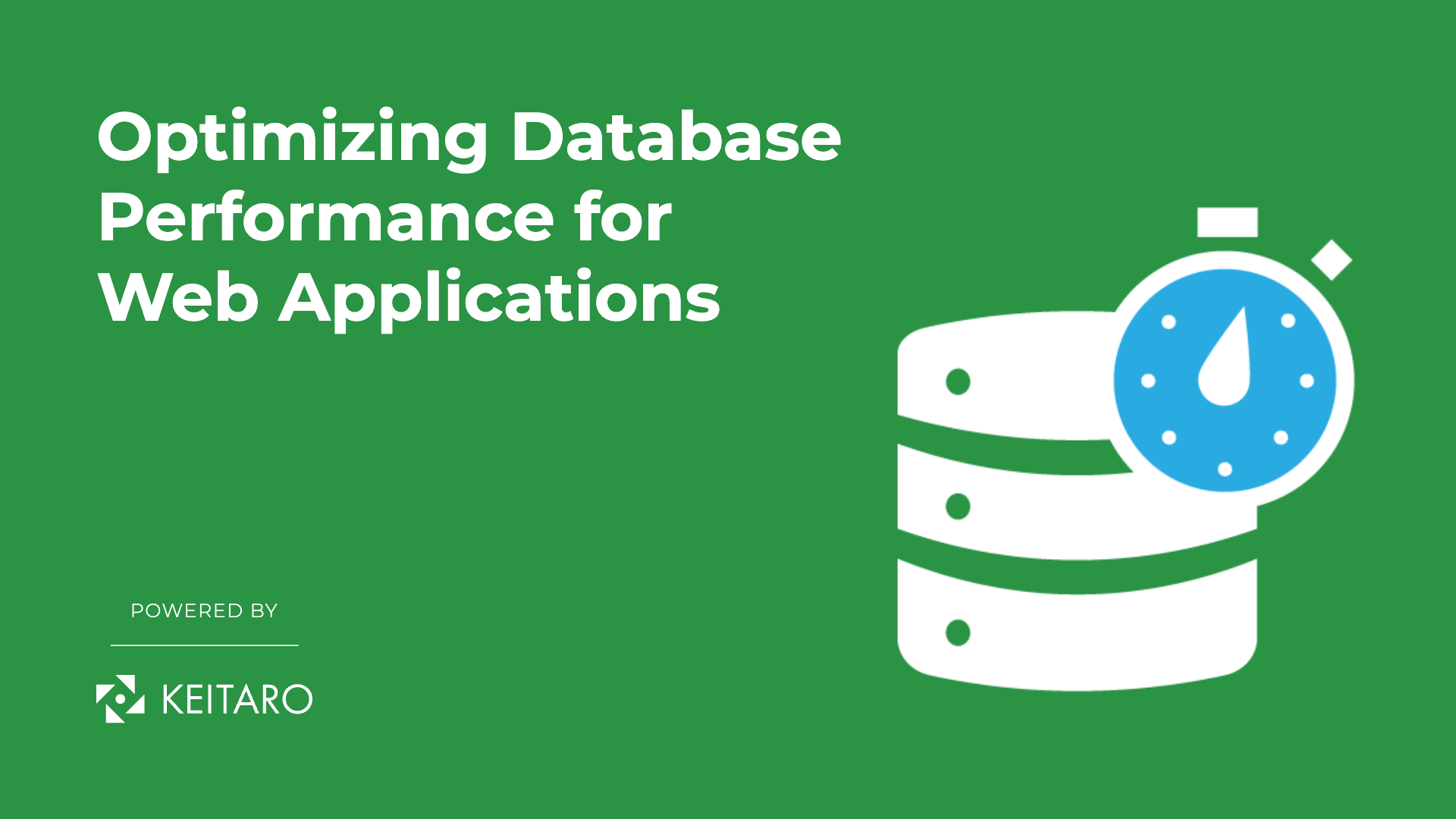As the world is expanding digitally, there is a growing demand for data and insights for developing advanced products and experiences. Owing to that, open-source software solutions are witnessing rapid growth and popularity. Businesses are actively preferring open source solutions over proprietary solutions. So, what makes open source solutions so popular today? Let’s have a closer look at some of the key benefits of open source that are encouraging businesses to opt for such solutions.
Open Source – Brief Overview
An open-source solution is one that is accessible to everyone for free without any kind of restriction. This implies that everyone has access to source code that can be modified or enhanced as required. Most often, open-source solutions are public collaborations where developers from across the globe work together to develop and expand a solution’s capabilities.
Open source solutions are driven by continuous prototyping, frequent exchange of ideas, community support, and transparency. Many big market names today are using open source solutions. For example, Netflix uses a wide range of open source technologies and also actively releases its internally developed components to support many open source projects.
Benefits of Open Source Solutions
Open source solutions have the capability to handle massive data volumes, scale as the business grows, and expand securely with community-driven development. Some of the key open-source benefits for businesses include:
- Reduced Costs
One of the main benefits of open source for businesses is the reduced cost compared to commercial software solutions. When a company opts for open source solutions, it eradicates the vendor lock-in linked with commercial software. Open source solutions also avoid limited feature sets, long-term contracts, licensing costs, unpredictable releases, etc. that are often associated with commercial software. In short, a company significantly reduces costs and simplifies its operations with open source solutions.
- Top-Notch Code Quality and Security
Open source means access to an extensive and growing community of experienced developers, which means open source solutions are continuously getting battle-tested and enhanced over a wide range of simple to complex use cases. Moreover, the dedicated open source community is actively involved in identifying and removing security threats, flaws, or bugs, thereby ensuring superior code quality and security.
- Customizable Code
Open source means complete access to source code and the freedom to extend and reuse the code as needed. When developers have direct access to the source code, they get the flexibility to evaluate, extend, modify, and even add new features in real-time without any hindrance.
- Elevate Innovation
The digital industry is on a continuous track of innovation. So, won’t it be fruitful for organizations to invest in such software solutions that can elevate innovation? Open source solutions empower organizations to rapidly extend and evolve their current technology infrastructure with every new wave of innovation, instead of starting from scratch. This way, organizations can ensure faster market releases with reduced technical debt.
- Scalability
Commercial or traditional software solutions are designed for one specific purpose or market segment. However, open-source solutions cover broader aspects. Therefore, organizations that opt for open source solutions are in a better position to scale their capabilities as dictated by market and consumer demands.
- Better Interoperability
Since open source solutions are based on open standards, they offer easy compatibility with other similar standards-oriented technologies and systems. In fact, open-source solutions can even show compatibility with other commercial software using different integration tactics. Therefore, another key open source benefit for organizations is better interoperability.
Long Term Goals for Businesses
The use of open source solutions is spreading rapidly. As of today, 99% of Fortune 500 companies are using open-source software and are contributing heavily to open source projects. Moreover, it is no longer surprising to see how the mindset of businesses is changing around open source and how much they are valuing the culture of community-driven development.
Therefore, adopting and elevating open-source capabilities should be one of the main agendas of businesses. Businesses that have long-term strategies to leverage open source will find themselves driving innovation, automation, and hi-tech software development, all while saving significant time and cost.



